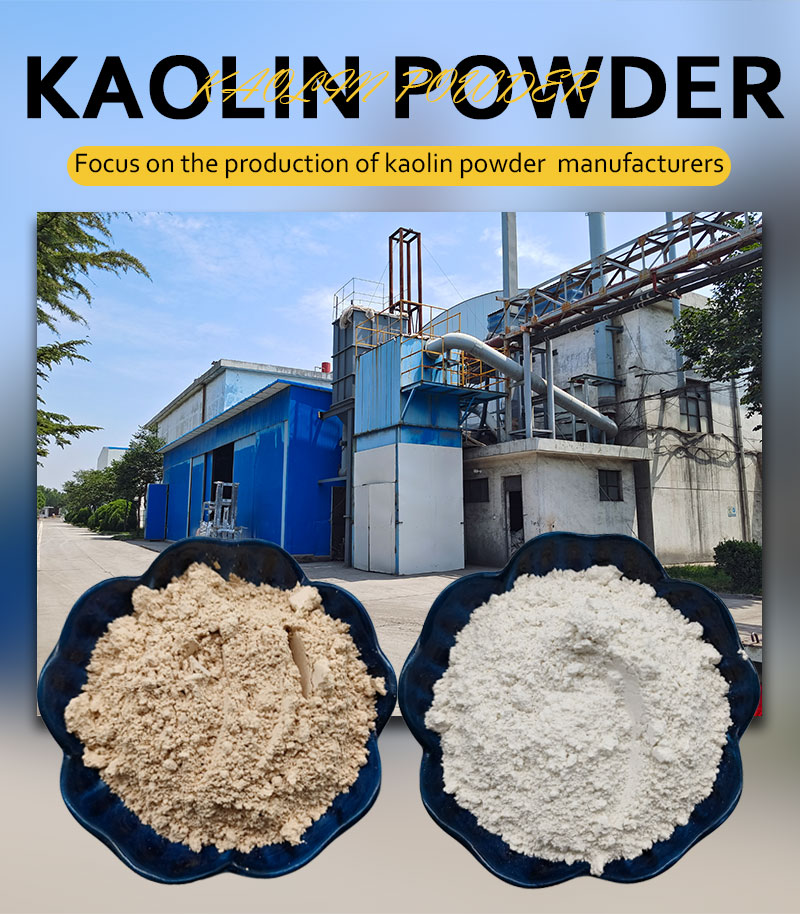As a type of volcanic ash material, metakaolin is an excellent substitute for cement due to its low energy consumption and low environmental pollution during the calcination process, and its ability to improve certain properties of Portland cement, such as strength and durability, when made into mixed cement. In recent years, many scholars have been devoted to studying the volcanic ash activity of kaolin. This article outlines the optimal calcination temperature and time of kaolin, factors affecting its activity, and methods for detecting the properties and activity of kaolin. Previous studies have shown that the optimal calcination temperature and time for kaolin are influenced by factors such as mineral composition, crystallinity, and kaolin content, among which the crystallinity of kaolin structure has the greatest impact on its activity after calcination. XRD, TG-DTA, IR and other methods were used to analyze the properties of the raw ore. The activity of kaolin was determined through methods such as Frantini test, conductivity test, and strength activity index. The most accurate methods were Frantini test and strength activity index test.
Metakaolin (abbreviated as MK) is an anhydrous aluminum silicate (Al2O3 • 2SiO2, AS2) formed by dehydration of kaolin (Al2O3 • 2SiO2 • 2 H2O, AS2H2) at an appropriate temperature (600-900 ℃). Kaolin belongs to the layered silicate structure, and the layers are bonded by van der Waals bonds, with OH – ions firmly bound within it. When kaolin is heated in the air, it undergoes several structural changes. When heated to about 600 ℃, the layered structure of kaolin is destroyed due to dehydration, forming a transition phase with poor crystallinity – metakaolin.
Due to the irregular molecular arrangement of metakaolin, it exhibits a thermodynamic metastable state and exhibits cementitious properties under appropriate excitation. Metakaolin is a highly active artificial volcanic ash material that can react with Ca (OH) 2 (CH) and water to produce hydration products similar to cement. By utilizing this feature, when used as an admixture for cement, it can react with CH generated during the cement hydration process, which can improve certain properties of cement
Metakaolin (MK) is a product formed by dehydration of kaolin at high temperatures, and the calcination temperature can affect the activity of the product.
When the temperature rises above 950 ℃, the product begins to crystallize and transform into mullite and cristobalite,
It will lose its hydration activity.
Calcined kaolin is a commonly used inorganic filler in the manufacturing industry of polymer materials such as rubber, plastics, and coatings. It can reduce the cost of these products, especially improve the physical and chemical properties of materials.
Post time: May-13-2024


